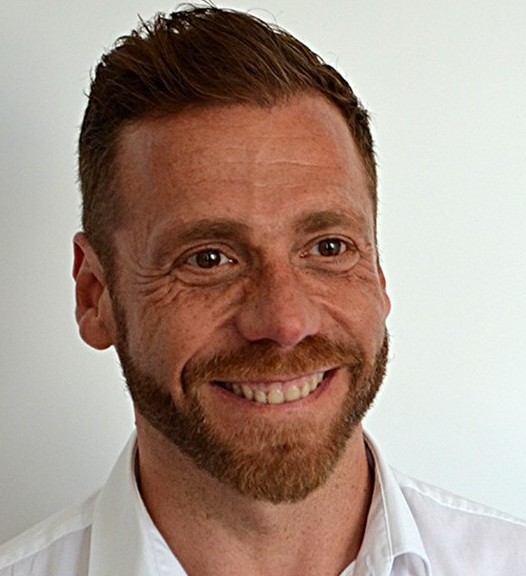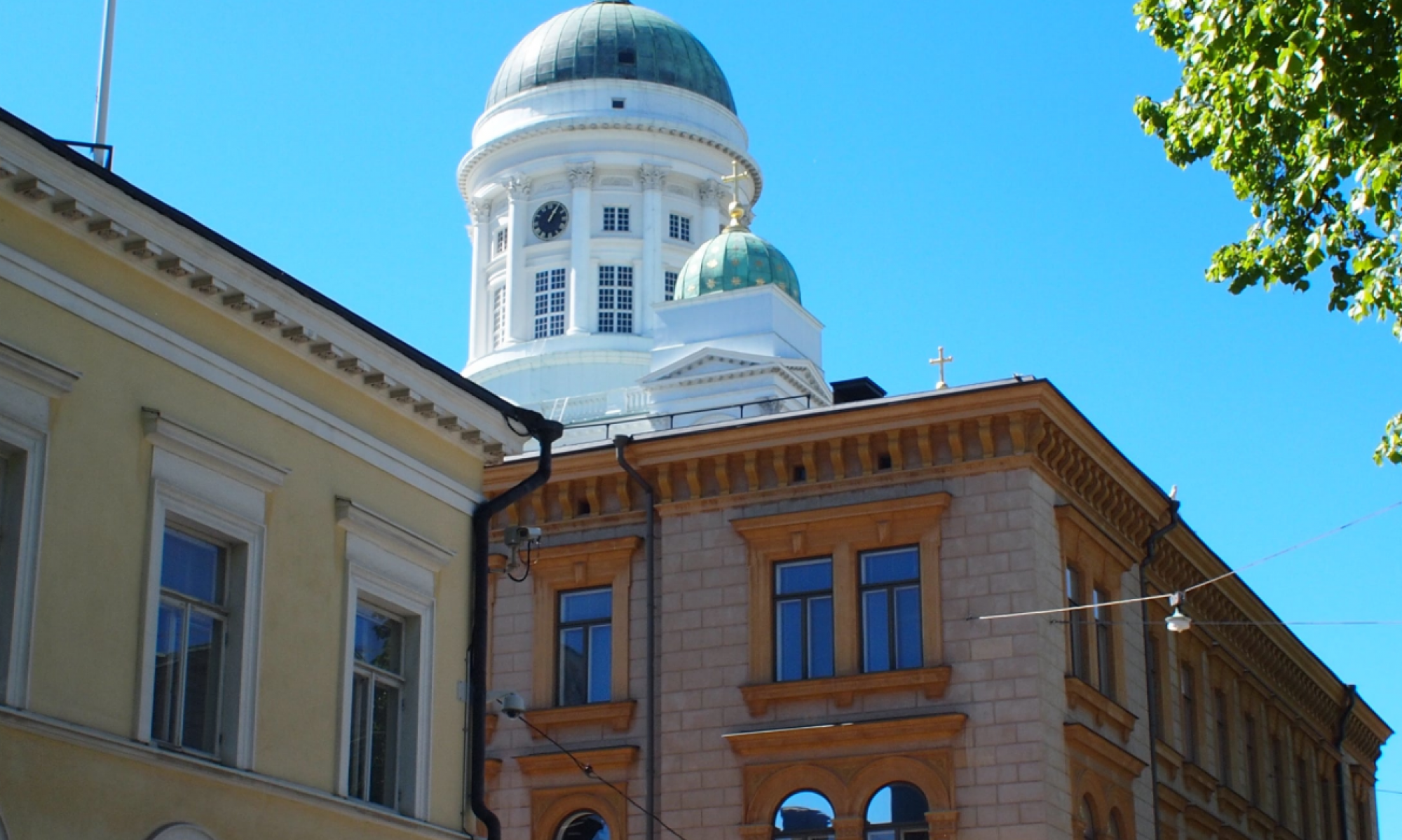
From heritage to common good: a vision for UMAC’s next chapter.
Dear UMAC Members, dear Colleagues,
UMAC was created in 2001 and played a crucial role in enhancing the visibility of university museums and collections among both higher education and research institutions but also museums community at large. Under the leadership of successive boards of directors, it has become a network that, on the one hand, provides a forum for all those who work in or are associated with museums, galleries, and university collections and, on the other hand, develops tools and collective projects that serve the sustainability of our community.
Being chair of UMAC comes thus with a great responsibility, as the role of university museums and collections is paramount in these polarized times. Most University museums all over the world have claimed a responsibility in knocking down the walls between the broader public and universities, between local communities and academics, developing tools for creating and supporting dialogue, engagement and participation of the wider community and to make scientific knowledge accessible and intelligible.
By preserving the tangible and intangible heritage of knowledge – across all specialisms and disciplines – University museums and collections not only provide historical perspectives but also embody the cultural and material dimensions of knowledge; both are powerful tools to better understand the various mode of knowledge production and the role of science in society. To better understand the condition of a sustainable society, though science communication is important, we should aim also to put more emphasis on the cultural dimension of knowledge as a unifying force.
By echoing the breadth of its representants, cultural diversity from all over the world, UMAC
can constitute a forum that supports collective reflection and actions on a sustainable society, bringing together research actors, political and economic representatives and the territory’s inhabitants in all their diversity and their specific knowledge.
University museums and collections should thus aim at renewing a new deal between science and society so science and more broadly knowledge can actually become a common good. It is in that direction that I would like to drive my mandate.
It will be an honor to serve as UMAC Chair for the next three years and a pleasure to work with my colleagues on the new board. The main goals that support my candidacy as chair of UMAC would serve as a canvas to deploy our strategy during the next three years. But it would also be important to work with colleagues who would like to contribute to our community. We want to hear your voice and need you to be committed!
Sébastien Soubiran
Director of the Jardin des sciences, a cultural department of the University of Strasbourg and UMAC Chair
